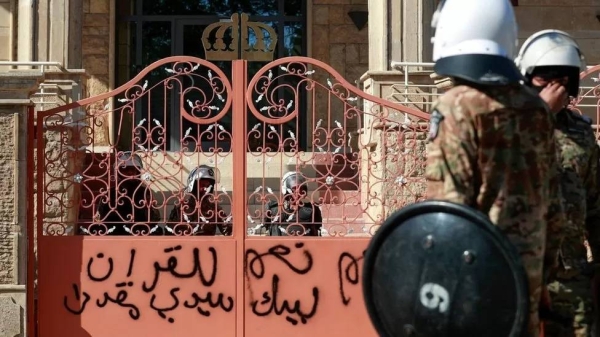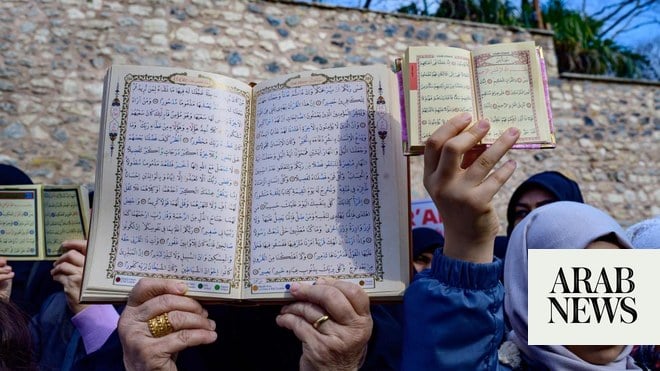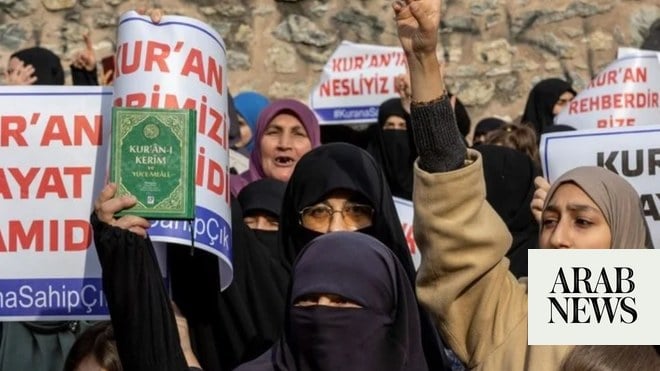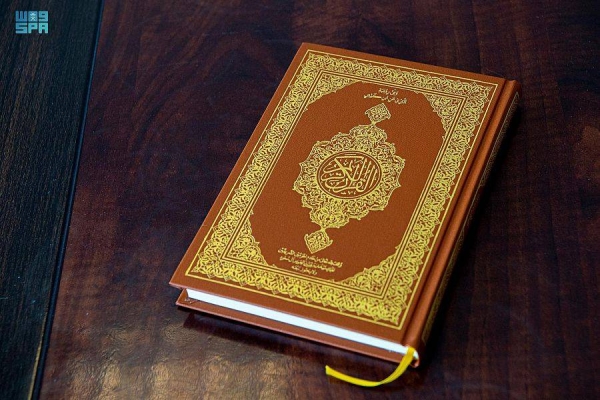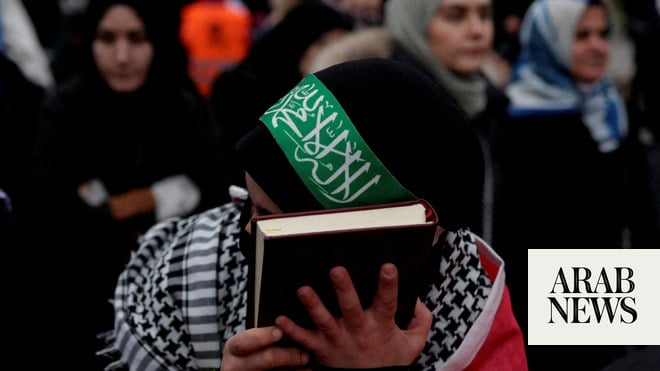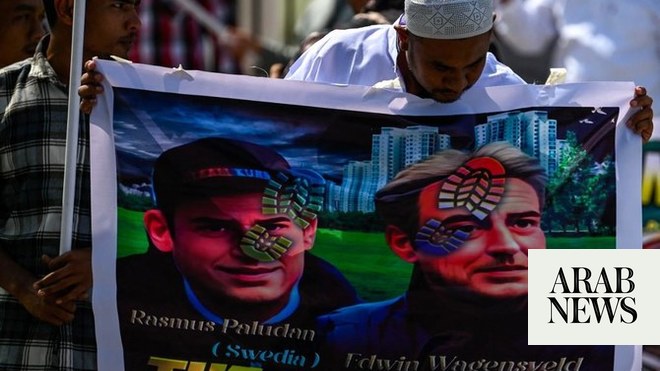
The burning of Islam"s holy book outside Turkey"s embassy in Stockholm in January sparked anger in the Muslim world
Police argued the January protest had made Sweden "a higher priority target for attacks"
STOCKHOLM: A Swedish appeals court on Monday said police had no legal grounds to block two gatherings where protesters had planned to burn the Qur"an earlier this year.
The burning of Islam’s holy book outside Turkiye’s embassy in Stockholm in January sparked anger in the Muslim world, leading to weeks of protests, calls for a boycott of Swedish goods and further stalled Sweden’s NATO membership bid.
Following that incident, police refused to authorize two other requests, one by a private individual and one by an organization, to hold Qur"an burnings outside the Turkish and Iraqi embassies in Stockholm in February.
Police argued the January protest had made Sweden “a higher priority target for attacks.”
Following appeals from both protest organizers, the Stockholm Administrative Court overturned the decisions, saying the cited security concerns were not enough to limit the right to demonstrate.
But Stockholm police in turn appealed the rulings to the appeals court, which on Monday sided with the lower administrative court.
In both rulings — on the two separate applications — the appeals court said “the order and security problems” referenced by the police did not have “a sufficiently clear connection to the planned event or its immediate vicinity.”
It added that the ruling could be appealed to Sweden’s Supreme Administrative Court.
Swedish police had authorized the January protest organized by Rasmus Paludan, a Swedish-Danish activist who has already been convicted for racist abuse.
Paludan also provoked rioting in Sweden last year when he went on a tour of the country and publicly burned copies of Islam’s holy book.
The January Qur"an burning also damaged Sweden’s relations with Turkiye, which took particular offense that police had authorized the demonstration.
Ankara has blocked Sweden’s NATO bid because of what it perceives as Stockholm’s failure to crack down on Kurdish groups it views as “terrorists.”
“It is clear that those who caused such a disgrace in front of our country’s embassy can no longer expect any benevolence from us regarding their application for NATO membership,” Turkish President Recep Tayyip Erdogan said in January.
Swedish politicians have criticized the Qur"an burning, but have also adamantly defended the right to freedom of expression.





